
Mangalore, April 2: “Sakala”, the state government's ambitious programme to provide various services to citizens within stipulated time, was launched at Dakshina Kannada Zilla Panchayat in Mangalore on Monday.
With slogans such as “Indu nale innila, helida samaya tappolla” and “Sevege Siddha, Kaalakke Baddha”, the programme has been designed to make bureaucrats and government officials deliver a list of services notified in the special edition of the Karnataka Gazette dated January 2 against time mentioned for the benefit of the common man.
Speaking on the occasion Yogish Bhat, MLA and Deputy Speaker, Legislative Assembly, said that the state government has been looking at options to enhance better government services for the common man. “In the recent budget we have set aside about four and a half thousand crores for government workers as per the sixth pay commission. We want to make our government workers and officials work with greater sincerity by paying them more and imposing time-boundess with projects such as 'Sakala' similar to the way corporate houses like Infosys and Wipro extract the best out of their employees by paying them more”.
Mr. Bhat also suggested that a ranking system be introduced so that there will be healthy competition among government employees in disposing off applications of people and serving them. “Fix a date to keep track of the number of applications attended to and disposed off every month. Have a quarterly valuation and an annual ranking. Identify the ones who have done well over the year and let us reward them on auspicious occasions like Rajyotsava for their work”, Mr. Bhat proposed.
However, he added that in the race to dispose off applications, officials must be careful not to mete out injustice to the applicants. He also suggested that since disposing off applications may also lead to files missing, it would be better to scan files and maintain digital records of the applications. Mr. Bhat called upon government officials to maintain transparency and accountability in their work.
Dr. N S Channappa Gowda, Deputy Commissioner, Dakshina Kannada district said that earlier, people would have to come to government ofices again and again to see if their work has been carried out or not. But now, through 'Sakala', faster service would be available to them, he said. Mr. Gowda said that the progress in service has been achieved in Puttur taluk where the programme was implemented on an experimental basis a month ago. He said that the district is all set to serve people with new zeal. “We have made arrangements to cater to the demands of 'Sakala' programme in terms of infrastructure, computer technology, personnel and the like and are fully prepared to serve the people with this new programme”, the DC revealed. He also hoped that government officials across all Taluks in the district will work hard to make Dakhsina Kannada district earn the numero uno position as far as serving people and disposing off applications is concerned. He also appealed to the government officials to maintain justice by quoting Mahatma Gandhiji saying 'administration without justice is useless and more dangerous'.
Dr. Shailaja Bhat, President, Dakshina Kannada Zilla Panchayat, in her address expressed hope that the 'Sakala' programme will facilitate better service in the district. “This is a dream project of Chief Minister Sadananda Gowda. Hopefully people will find it helpful and appreciate government's efforts”, she said.
An appeal reception centre was also inaugurated at the Zilla Panchayat building on the occasion.
In all, 151 services of 11 departments have been brought under the ambit of the system. They include commercial taxes, education, food and civil supplies, health and family welfare, home, labour, revenue and transport, RDPR.
For the benefit of the public following call centre telephone numbers have been made available;
District Call Centre: 0824 2441590
State Call Centre: 080 44554455
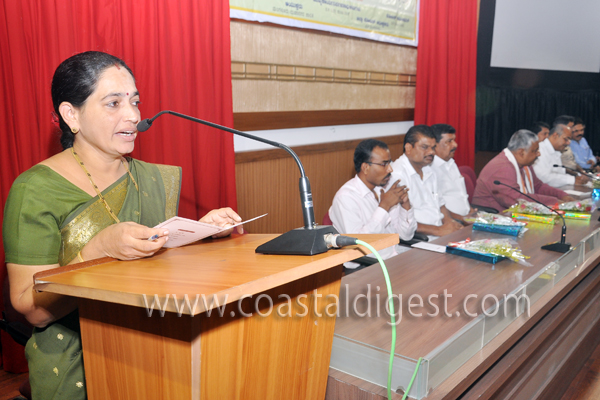
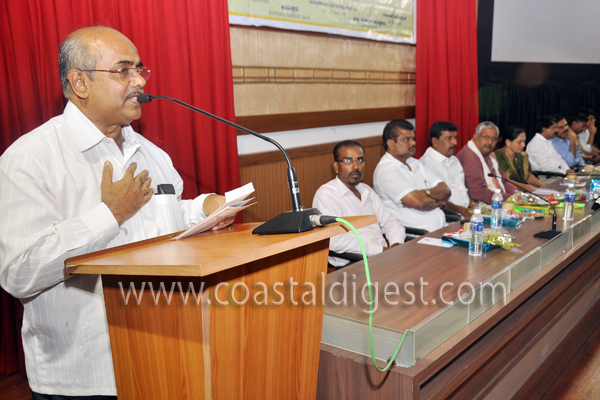
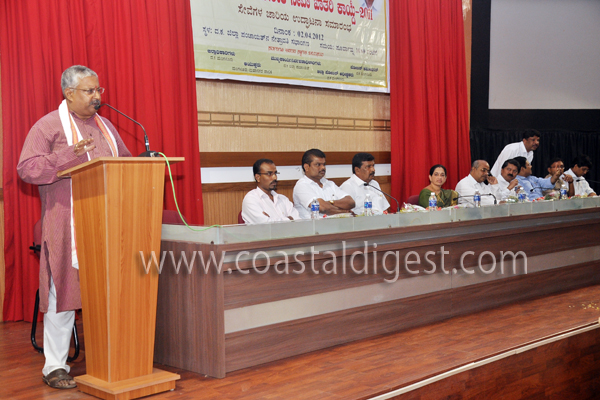
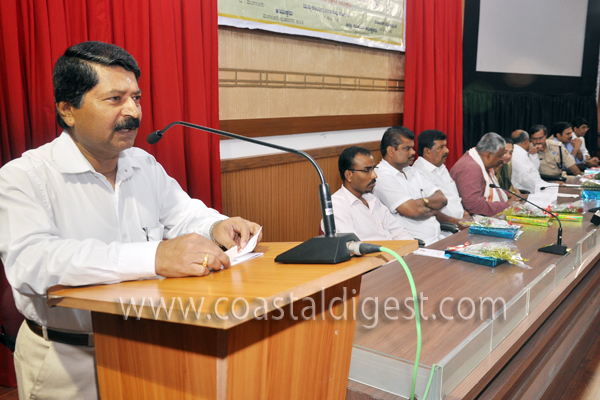

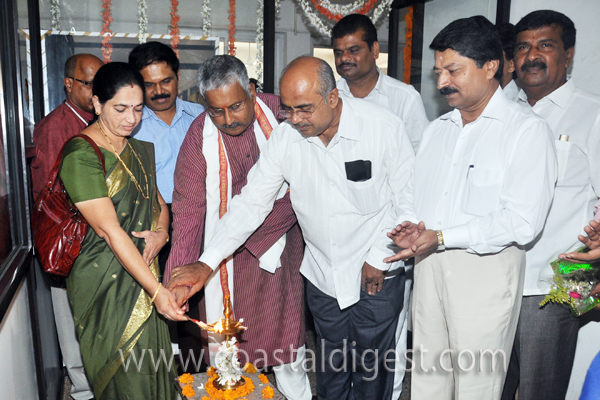
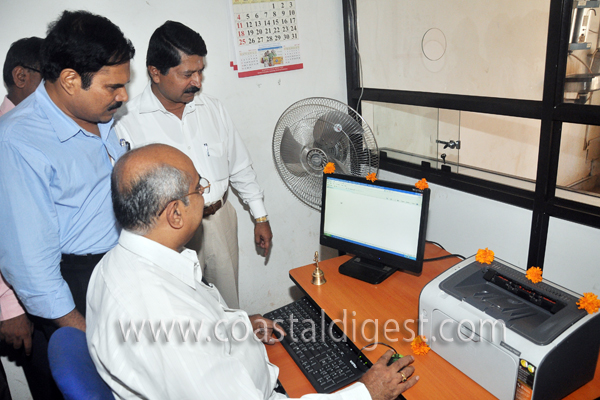
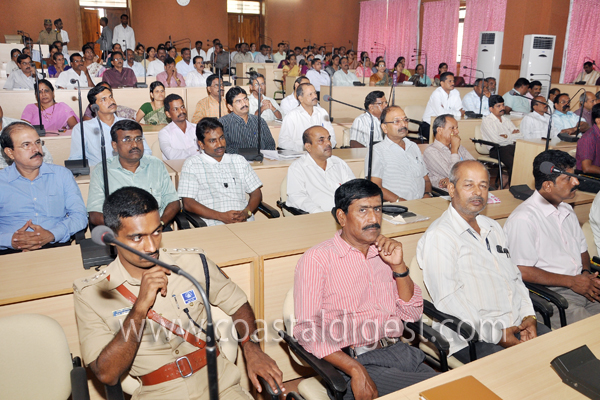
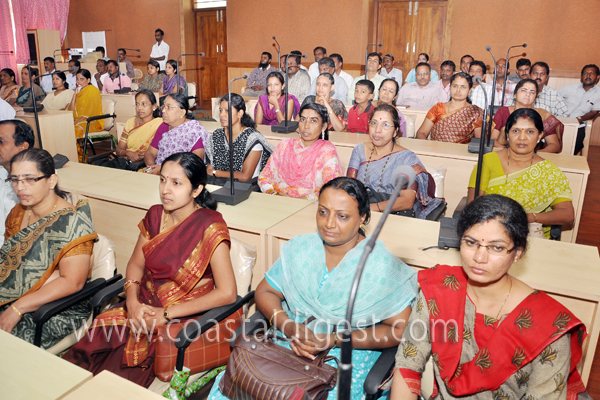
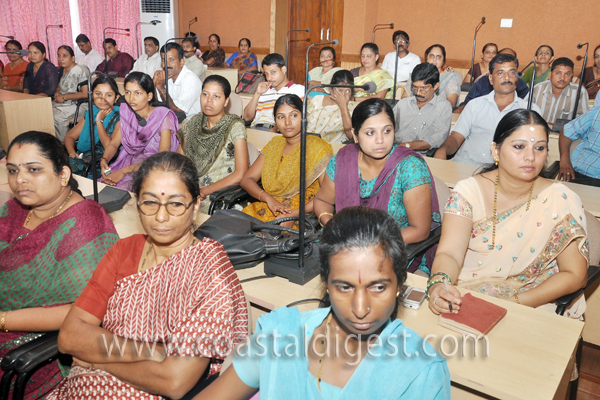






Comments
Add new comment